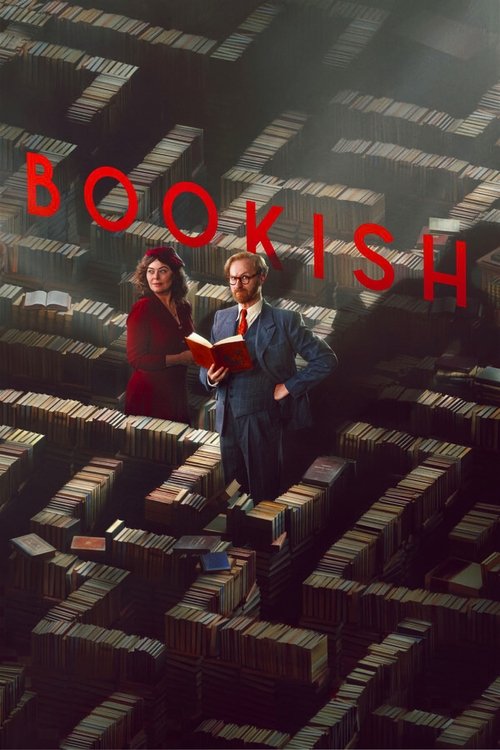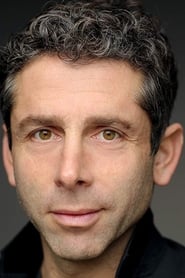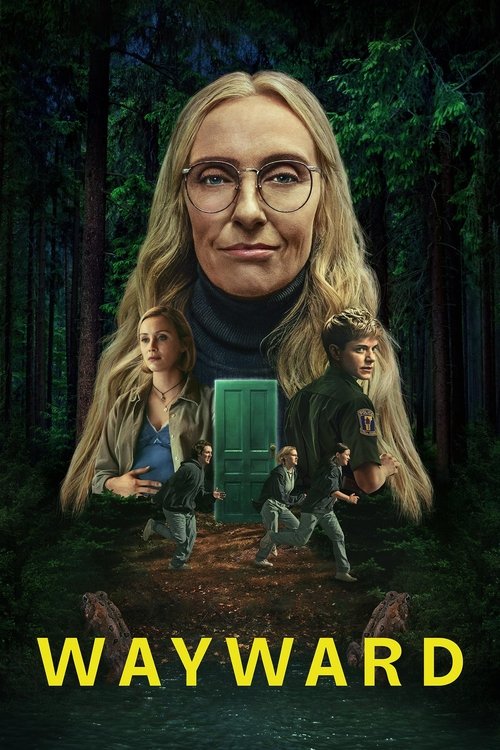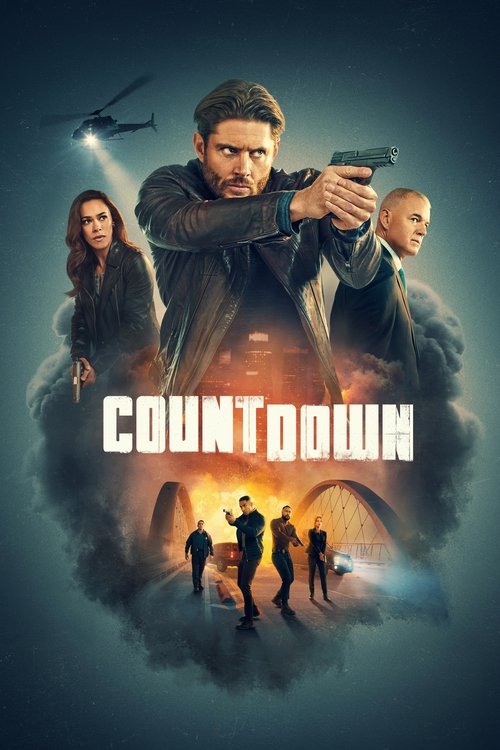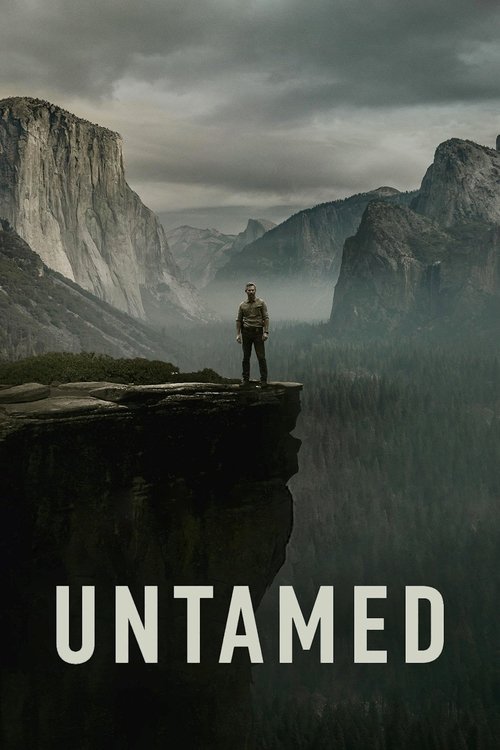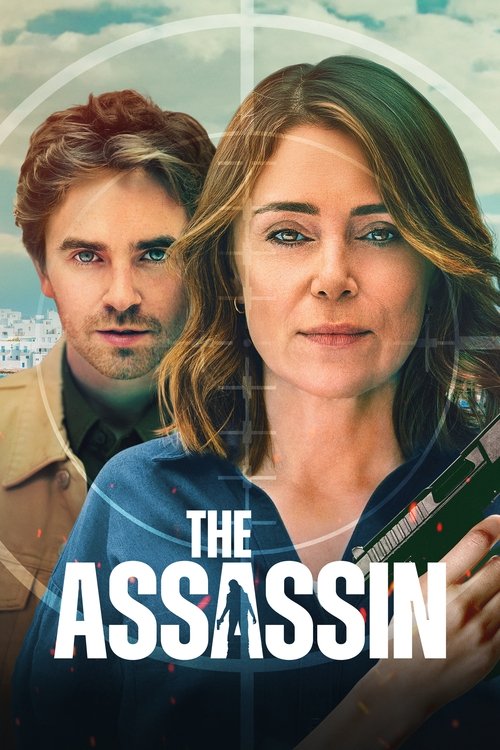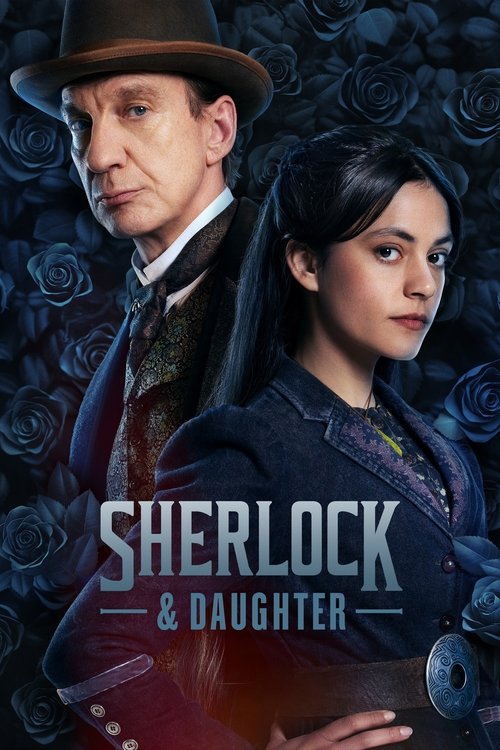
Ask Your Own Question
What is the plot?
The TV show Bookish (2025) begins in post-World War II London, where Gabriel Book, a charming and literary bookshop owner, lives above his shop with his wife Trottie and several assistants. Early in the series, Book is called to investigate a cluster of skeletons found in a nearby bomb crater. The police initially dismiss the remains as plague victims, but Book is unconvinced and begins his own inquiry, demonstrating his keen intellect and literary knowledge. This sets the tone for his role as an amateur sleuth who frequently assists Scotland Yard, much to their irritation, often citing a mysterious "letter from Churchill" as his authority to be involved in investigations.
Shortly after the skeleton discovery, a local pharmacist is found dead, officially ruled a suicide by the police. However, Book suspects foul play and begins to unravel a more sinister plot behind the death. His investigations reveal connections between the skeletons and the pharmacist's death, suggesting a cover-up or deeper criminal activity. Throughout these events, Book's interactions with Inspector Bliss and Sergeant Morris highlight the tension between official police procedures and Book's unconventional methods.
As the series progresses, Book's personal life intertwines with his investigations. Trottie, his wife, supports him but also expresses concern about the dangers he faces. The assistants in the bookshop, including Jack and Nora, become involved in various ways, sometimes assisting Book in gathering information or providing emotional support. Jack, in particular, has a notable moment early on when he corrects a man about the apostrophe in the shop's sign, leading to a warm handshake with Book, symbolizing the beginning of their partnership.
In a key sequence, Book confronts suspects linked to the skeletons and the pharmacist's death. He carefully interrogates them, using his knowledge of literature and human nature to expose lies and inconsistencies. One confrontation involves a tense exchange where Book's calm demeanor contrasts with the suspects' agitation, ultimately leading to a confession or revelation that advances the case.
The climax of the first case involves a detailed step-by-step uncovering of the truth behind the skeletons and the pharmacist's death. Book pieces together evidence from the bomb crater, the pharmacist's records, and witness testimonies. This culminates in a dramatic scene where Book presents his findings to the police, forcing them to reconsider their initial conclusions and arrest the true culprit.
Parallel to the main investigation, the series explores the socio-political atmosphere of 1946 London, including the struggles of marginalized individuals. One subplot reveals the challenges faced by a closeted gay man living in an orthodox society, adding depth to the narrative and influencing some characters' motivations and decisions.
The final episode of the first series resolves the main mystery but leaves some questions open, setting up for the second series. Book's relationship with the police remains complex, with Inspector Bliss showing reluctant respect for Book's intellect despite their differences. Trottie's role as both partner and moral compass is reinforced, and the bookshop continues to serve as a hub for information and camaraderie.
Throughout the series, every major plot point, from the discovery of the skeletons to the pharmacist's suspicious death and the eventual unmasking of the criminal, is depicted in detailed sequences. Confrontations, interrogations, and escapes are shown step by step, emphasizing Book's cleverness and the period's atmosphere. The show balances crime-solving with character development, historical context, and literary references, all unfolding in strict chronological order.
What is the ending?
The ending of Bookish (2025) concludes with Gabriel Book successfully uncovering the truth behind the final complex case involving a series of murders linked to a hidden social scandal in post-war London. The resolution sees Book's unique investigative style vindicated, the police acknowledging his contributions, and the main characters' fates settling into new, hopeful directions.
Expanding on the ending scene by scene:
The final episode opens with Gabriel Book in his bookshop, quietly reflecting on the recent cases that have tested his intellect and moral compass. Trottie, his wife, is present, offering quiet support as they prepare for the day. The atmosphere is calm but charged with anticipation.
Book receives a visit from Inspector Bliss, who brings troubling news about a new murder victim connected to the previous cases. The victim, Mr. Victor Orr, was a closeted gay man whose death has stirred tensions in the community. Book listens intently, his mind already piecing together the social and political undercurrents at play.
The investigation leads Book and Bliss to a series of interviews with key figures: Nora, one of Book's assistants, provides crucial insight into the victim's private life; Jack, a young man recently employed at the bookshop, reveals inconsistencies in the official police narrative; and Felix, a mysterious outsider, offers a perspective on the societal pressures that may have contributed to the tragedy.
As the day progresses, Book visits the bomb crater site where earlier skeletons were found, now understood to be part of a larger cover-up involving wartime secrets and post-war prejudices. The scene is described in detail: the crater's jagged edges, the damp earth, and the eerie silence that contrasts with the bustling city around it.
Book convenes a meeting with the police and community leaders, presenting his findings with calm authority. He exposes the layers of deception, including the police's initial dismissal of the case as a suicide and the societal stigma that obscured the victim's true story. The revelation prompts a mix of shock, denial, and reluctant acceptance among those present.
In the closing scenes, Book returns to his shop, where Trottie awaits with a warm smile. Jack, now more confident and integrated into the team, helps close the shop for the evening. Inspector Bliss stops by to acknowledge Book's indispensable role in solving the case, hinting at future collaborations.
The final moments focus on Book's quiet satisfaction and the subtle hope for a more just society emerging from the shadows of war and secrecy. Each main character's fate is gently resolved: Book continues his dual life as bookseller and amateur detective; Trottie remains his steadfast partner; Bliss grows to respect Book's unconventional methods; Jack finds purpose and belonging; and Nora's courage in speaking out marks a step toward social change.
This detailed ending underscores the series' themes of truth, justice, and the complexities of human identity in a changing world.
Is there a post-credit scene?
The TV show Bookish (2025) does have a post-credit scene. It is a brief but significant moment that hints at future developments: after the main episode concludes, the camera cuts to a dimly lit corner of Book's bookshop where a mysterious figure quietly places an old, cryptic book on a shelf. The figure's identity is obscured, but the scene ends with a close-up of the book's cover, which bears a symbol previously unseen in the series. This scene sets up a new mystery thread for the next season, suggesting deeper secrets tied to Book's past and the post-war London setting.
This post-credit scene is consistent across the six episodes of the first season and was noted by viewers as a subtle but intriguing teaser for ongoing storylines, emphasizing the show's slow-burn narrative style and layered mysteries.
What is the true nature of Gabriel Book's relationship with Trottie, and how does it affect the story?
Gabriel Book is in a lavender marriage with Trottie, who runs the wallpaper shop next door. This marriage is a cover to conceal his homosexuality at a time when it was illegal in England. This secret shapes much of Book's personal life and adds complexity to his character and interactions throughout the series.
Who is Jack, and what is his significance in the plot?
Jack is an ex-convict whom Gabriel Book takes in as an assistant to help him get back on his feet. However, Jack's appointment is not as random as it seems, and his arrival forces Book to confront unresolved issues from his own past, making Jack a key figure in the unfolding narrative.
How does Gabriel Book assist the police in solving crimes?
Gabriel Book uses his extensive knowledge gleaned from the many books in his antique bookstore to help the police connect clues and solve complex cases. His unconventional methods and literary erudition make him a valuable, though sometimes irritating, asset to Scotland Yard investigations.
What is the significance of the cluster of skeletons discovered in a bomb crater in the first episodes?
In the opening episodes, a cluster of skeletons is found in a bomb crater and initially dismissed as plague victims. Gabriel Book is unconvinced by this explanation, and the discovery sets off a chain of events involving further mysterious deaths, including a local pharmacist's suspicious suicide, which Book investigates as part of the central mystery.
Who are the main supporting characters that work with Gabriel Book, and what roles do they play?
Besides Trottie and Jack, Gabriel Book's shop attracts a group of assistants and associates including Nora, a sometime bookseller and true crime enthusiast, and Dog, known for his love of ginger biscuits. These characters contribute to the investigations and add depth to the social environment around Book's bookstore.
Is this family friendly?
The TV show Bookish (2025) is generally a cozy crime drama set in post-war London, with a tone described as clever, warm, and twisty but not overly dark or graphic. It is not specifically marketed as family-friendly, but it does not appear to contain explicit content typical of adult-only shows.
Potentially objectionable or upsetting aspects for children or sensitive viewers include:
- Murder and crime investigations: The show revolves around solving murders, including skeletons found in a bombsite excavation, poisoning on a film set, and dark family secrets. These themes involve death and violence, though presented in a period drama style rather than graphic horror.
- Emotional and psychological tension: Some storylines explore family resentments and psychological trauma, which may be intense for sensitive viewers.
- Post-war setting with bombsites and references to war aftermath: The historical context includes the impact of World War II, which may include scenes of destruction or references to loss.
There is no indication of explicit sexual content, strong language, or graphic violence, but the mature themes of murder and psychological drama suggest it is more suitable for older teens and adults rather than young children or very sensitive viewers.
In summary, Bookish is not a typical children's show and contains mature crime and emotional themes that might be upsetting to children or sensitive individuals, but it avoids graphic or explicit content.

